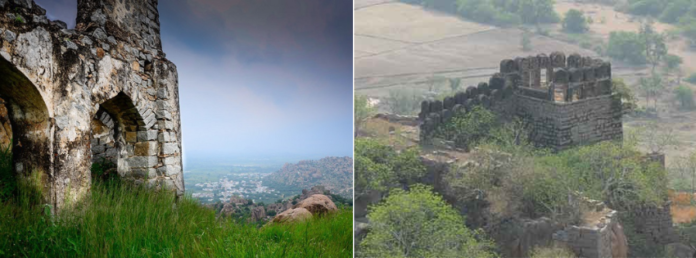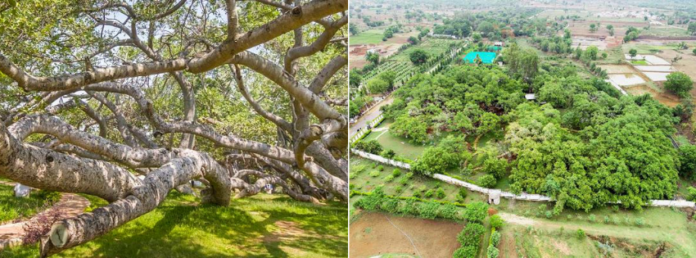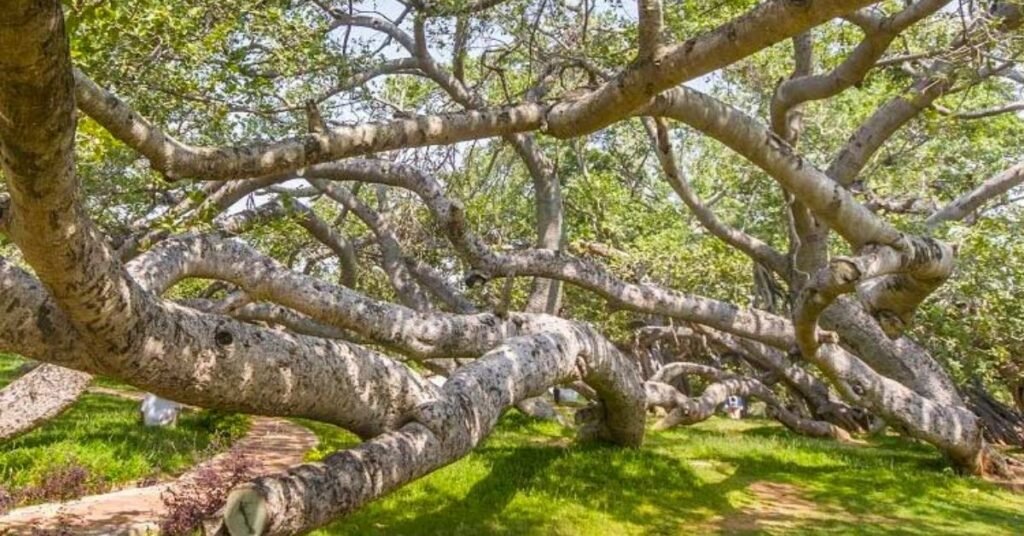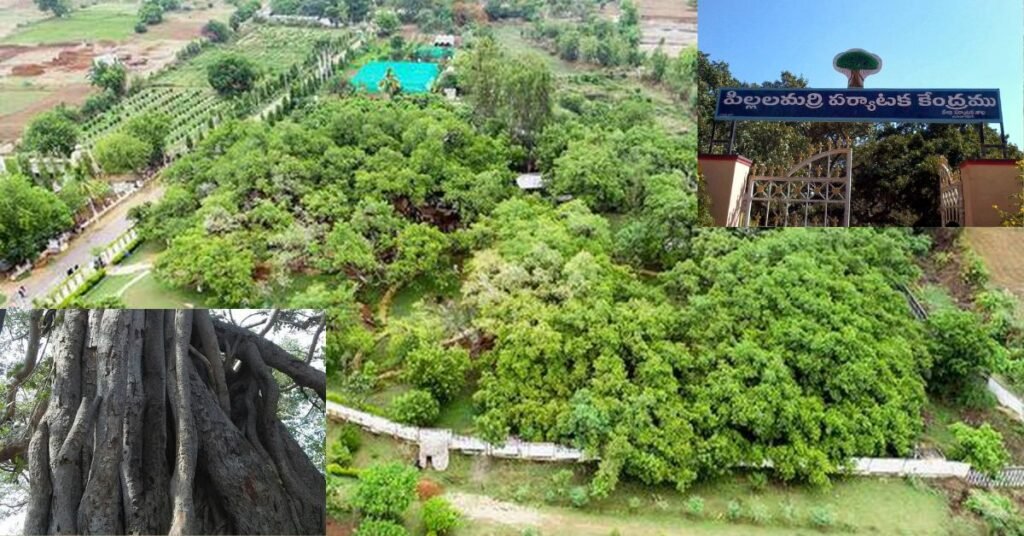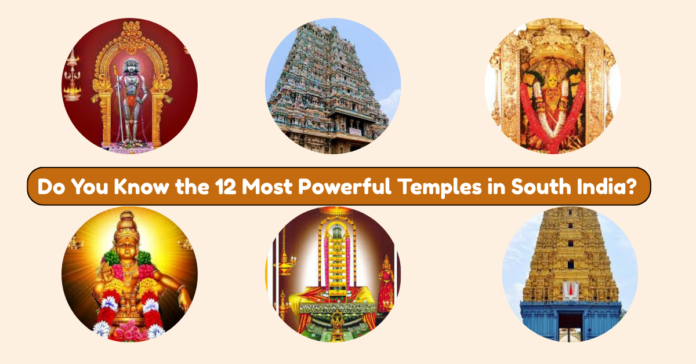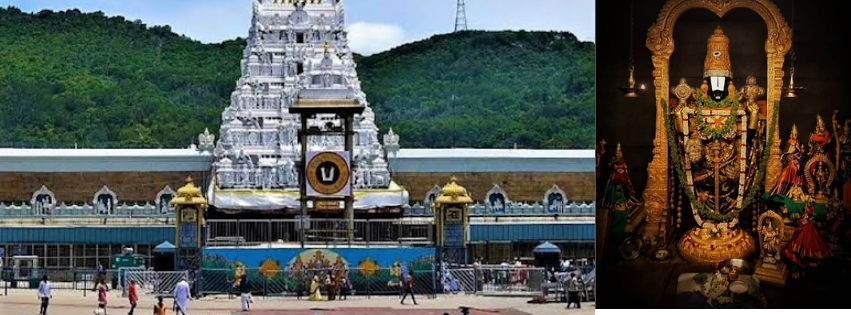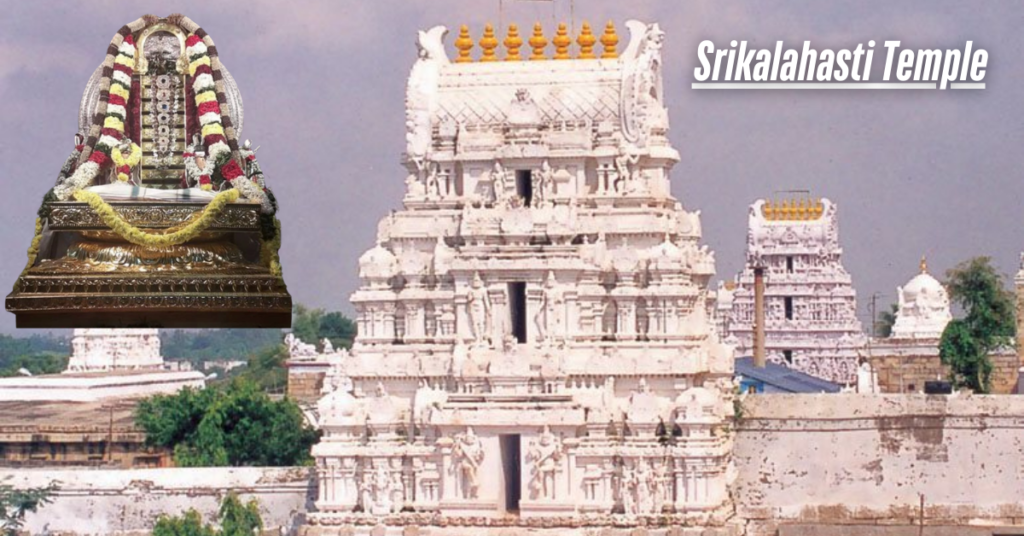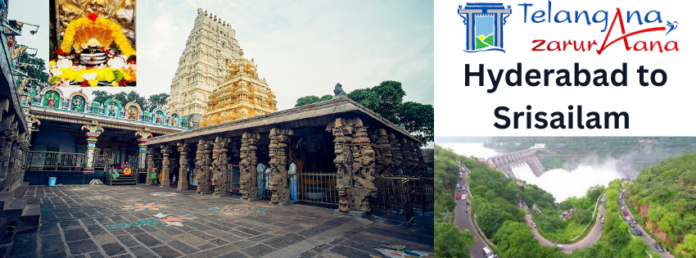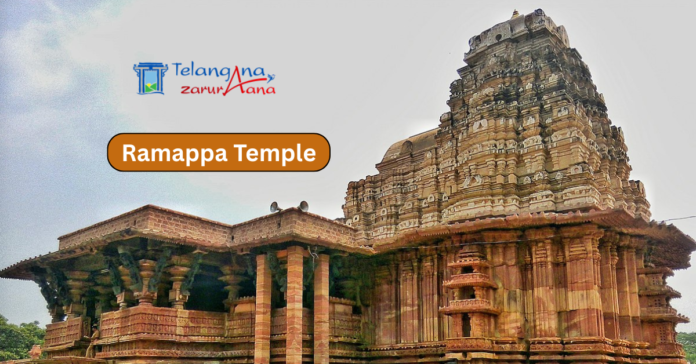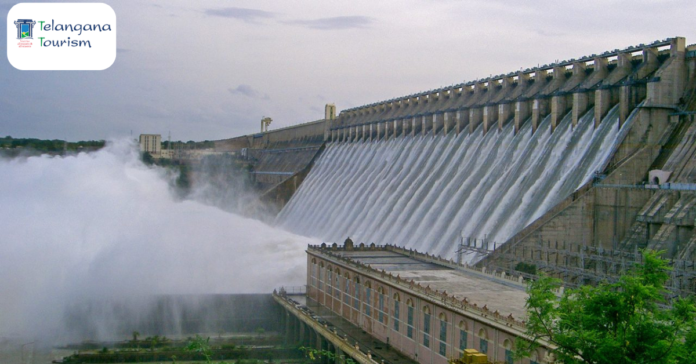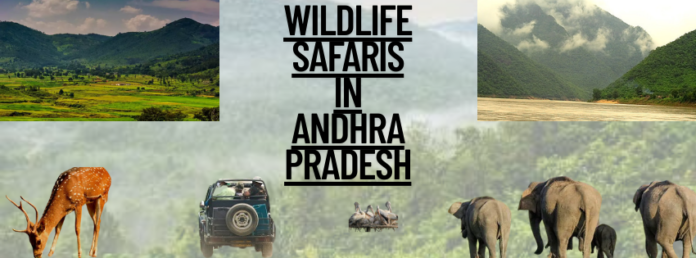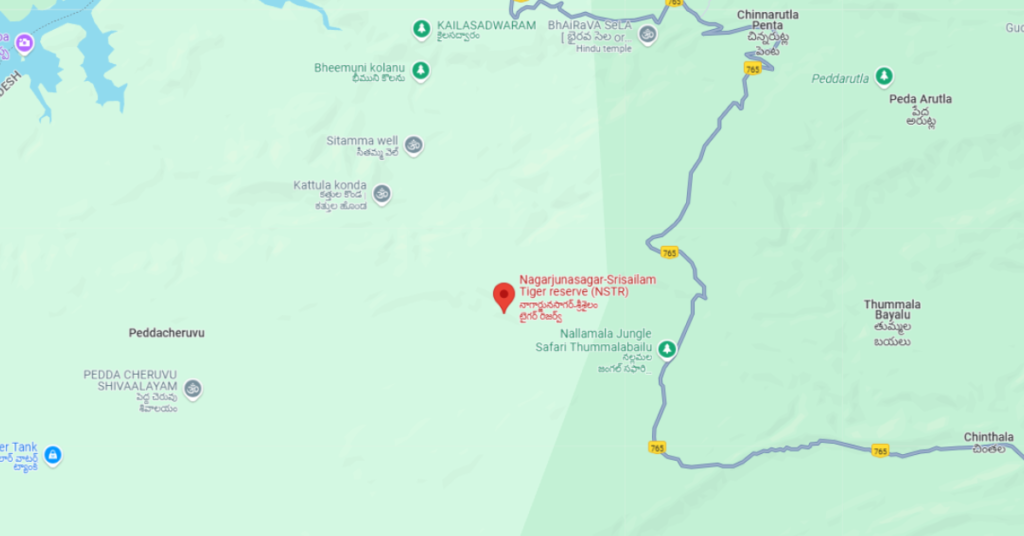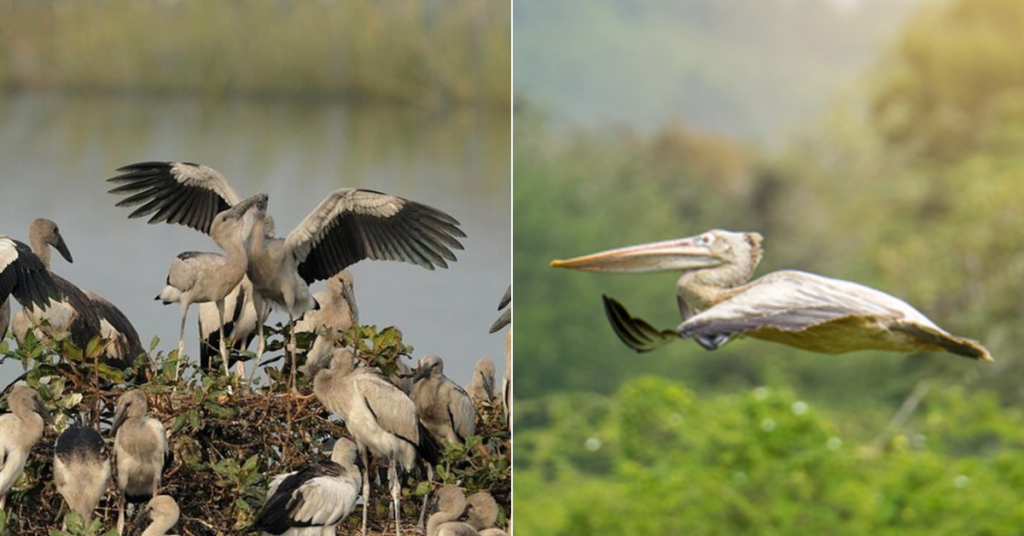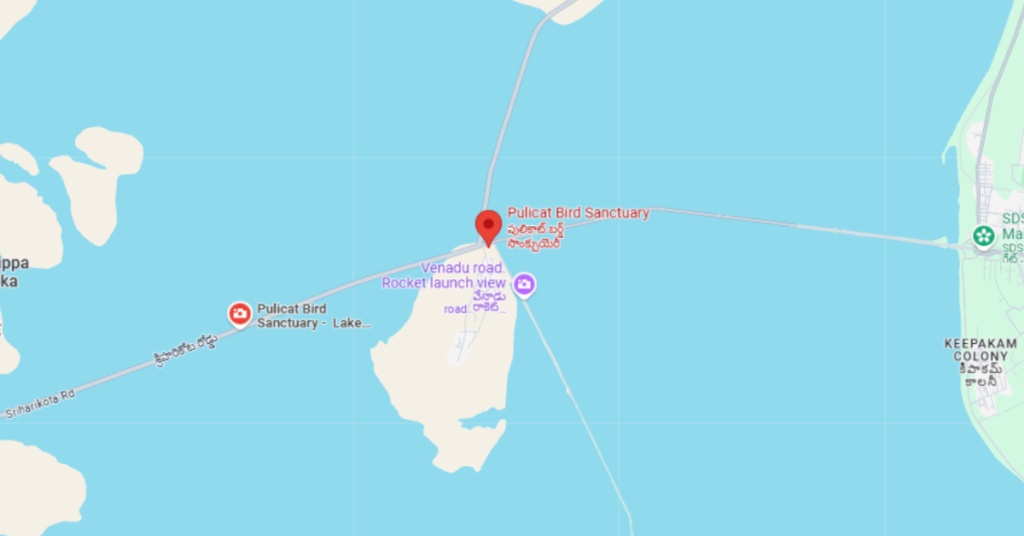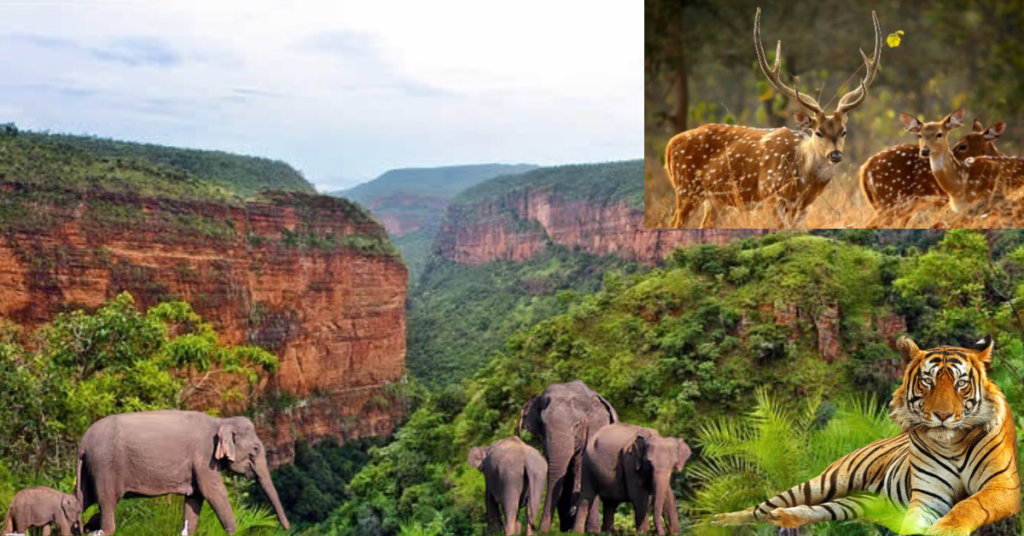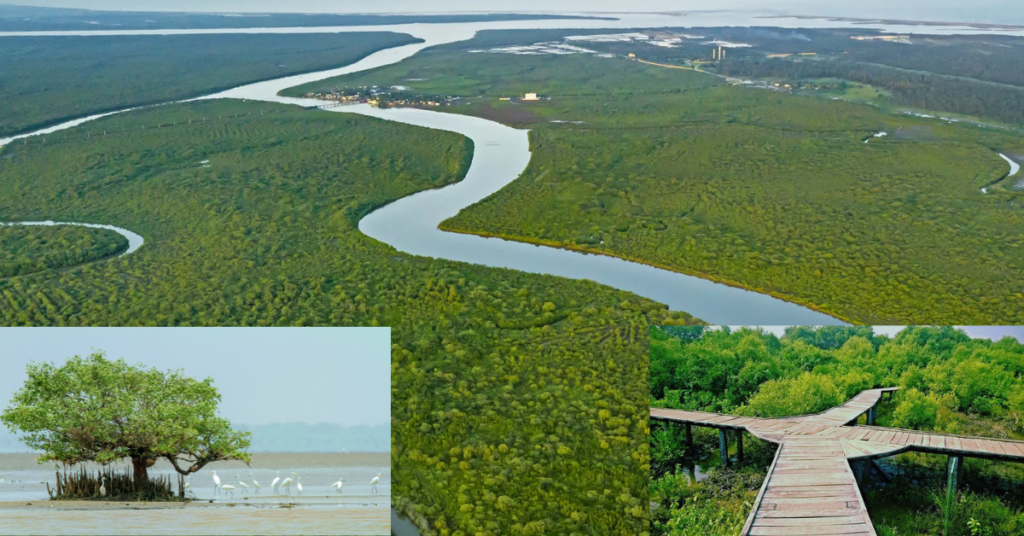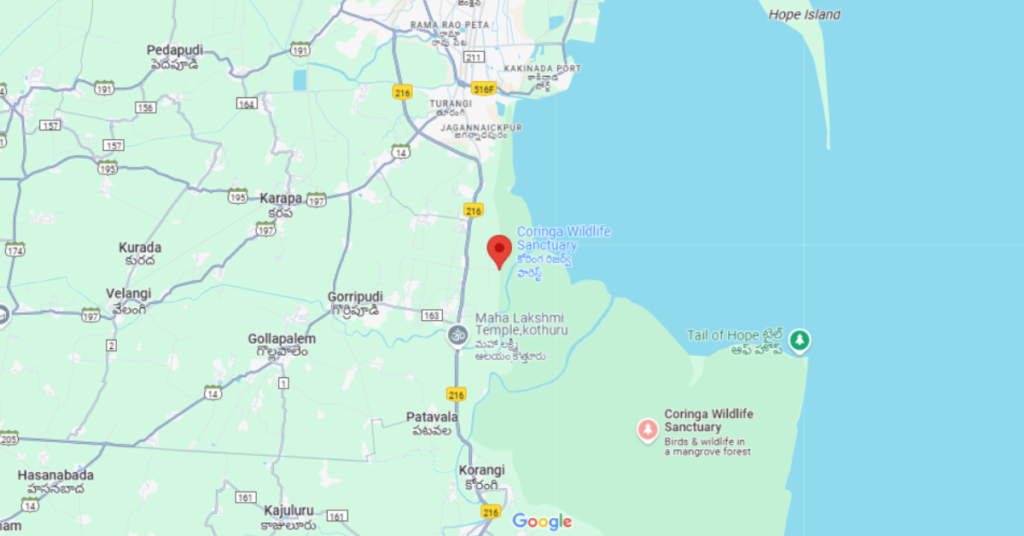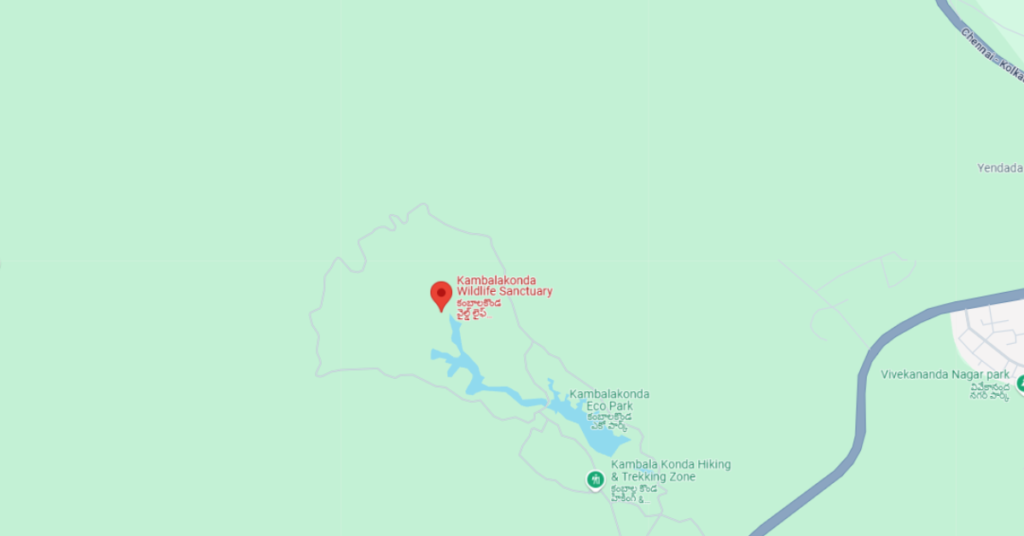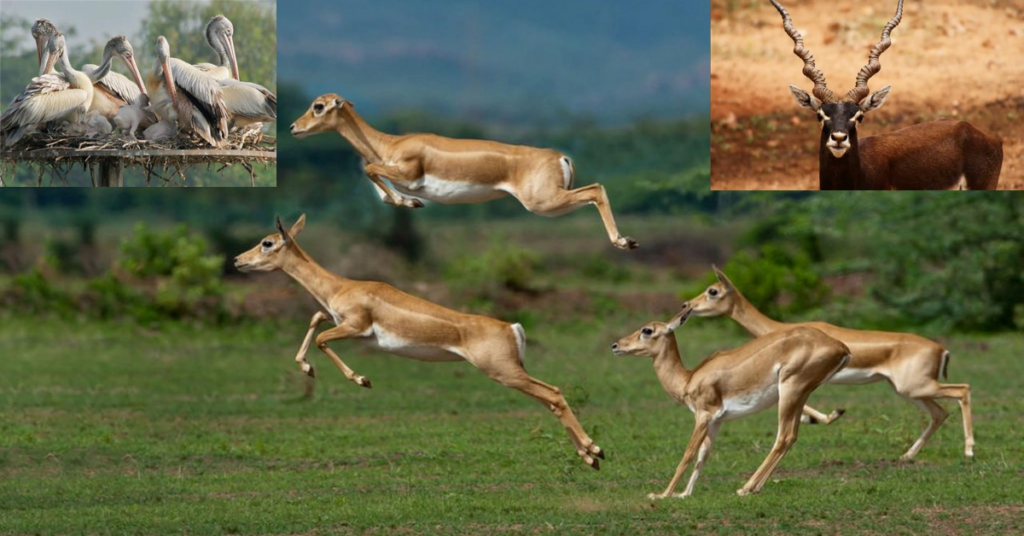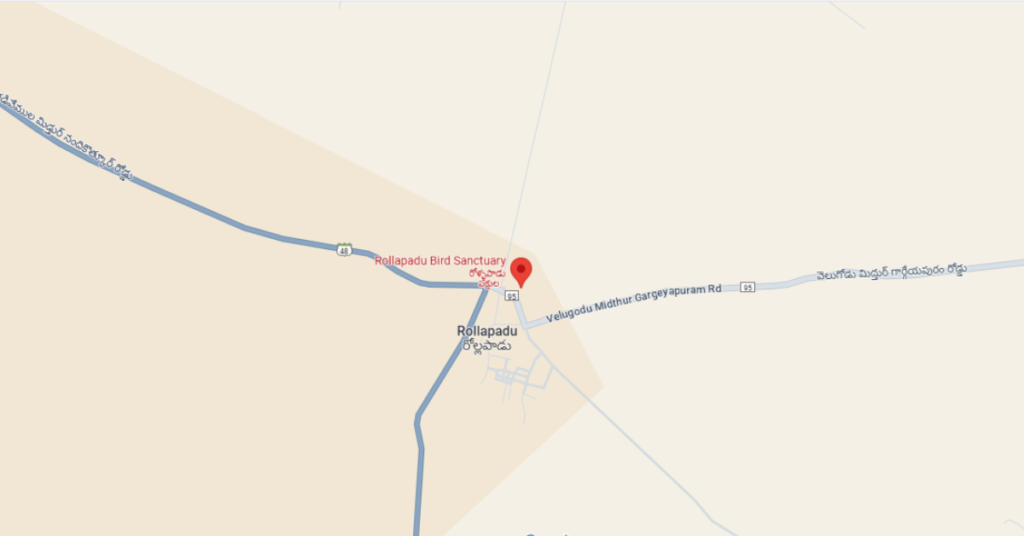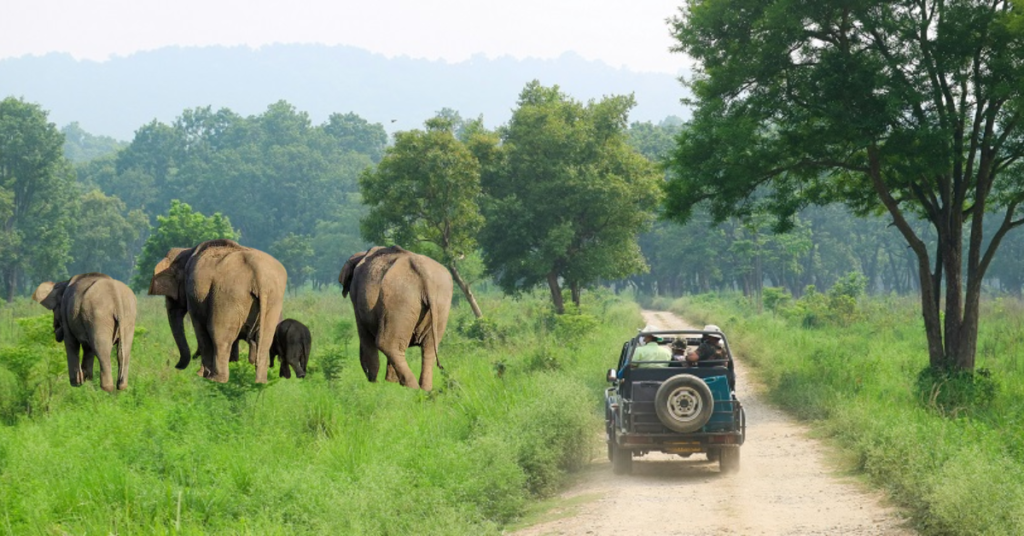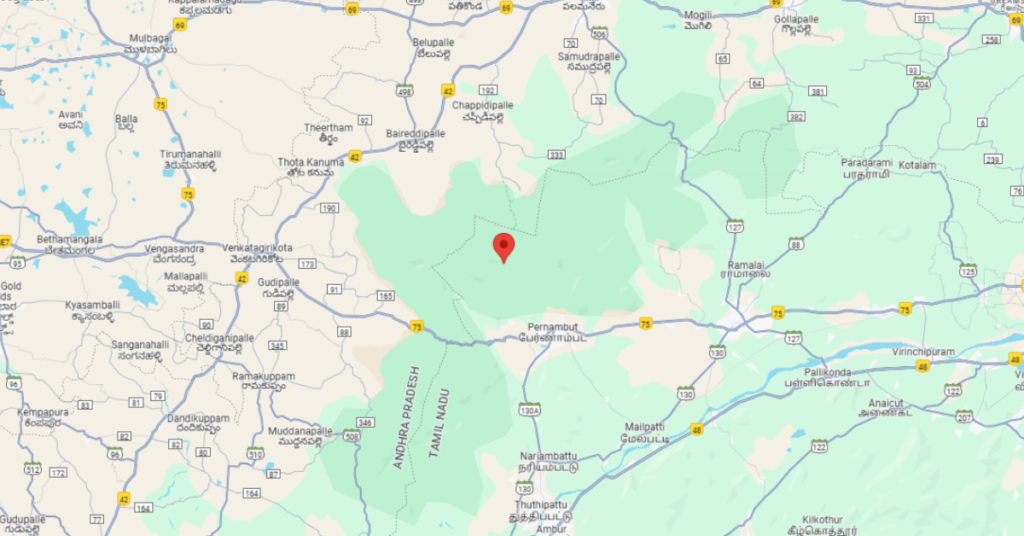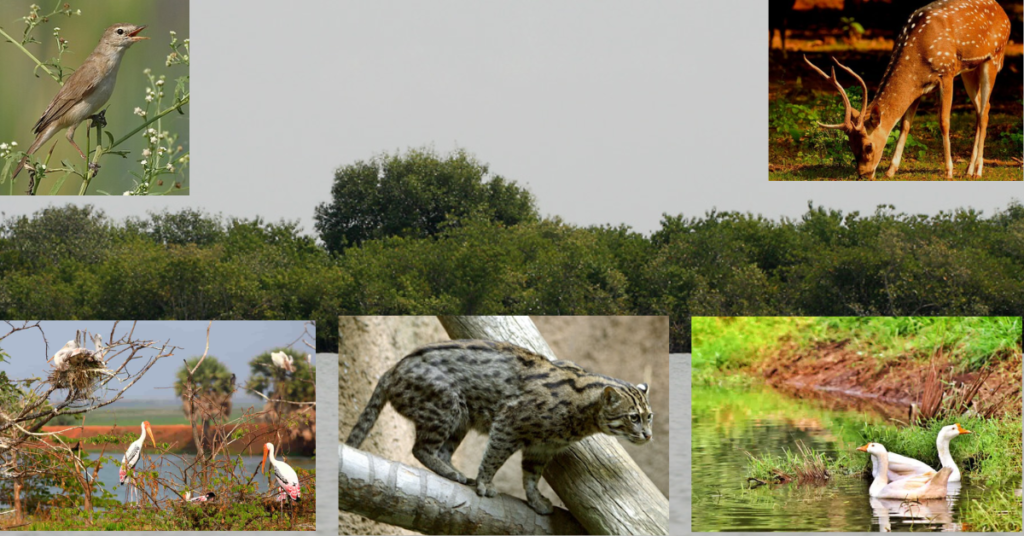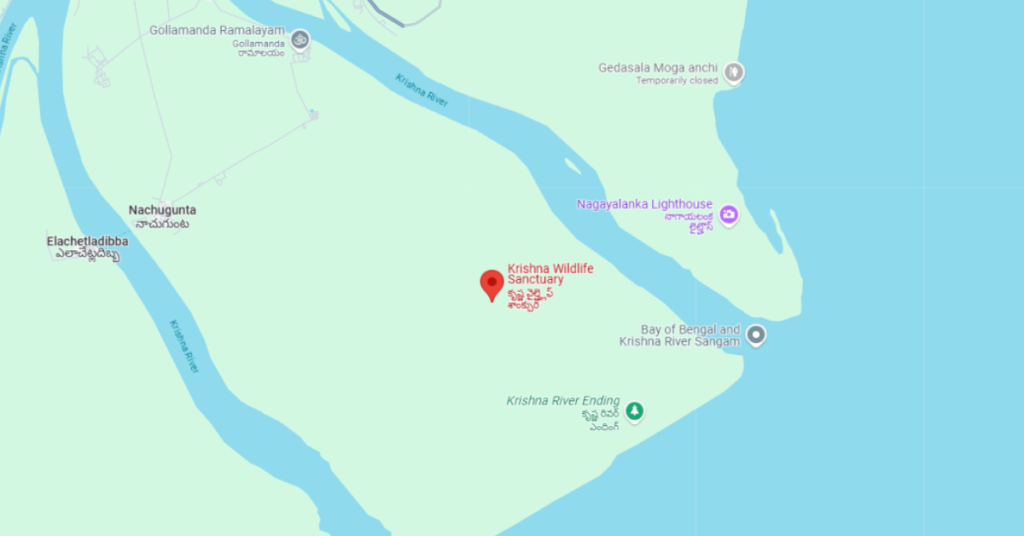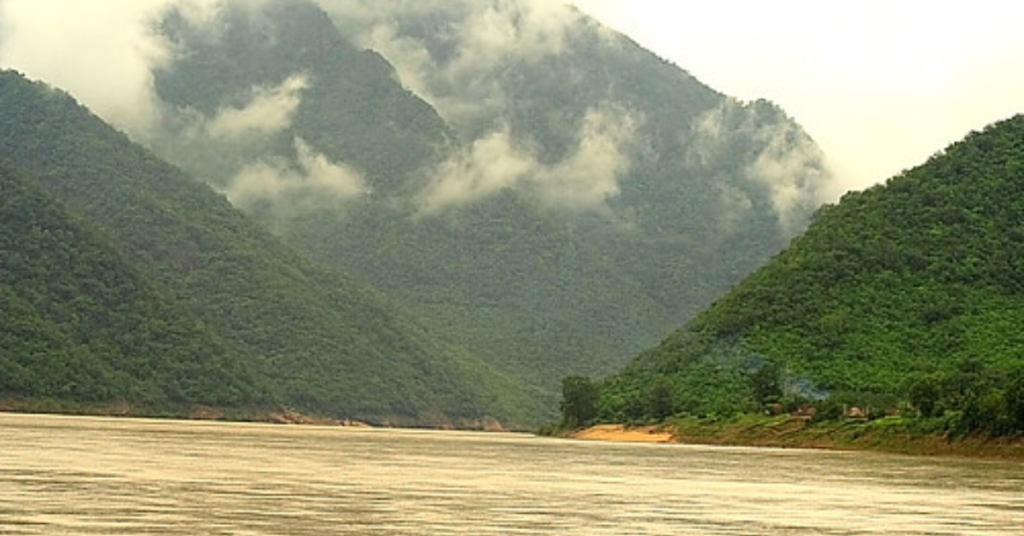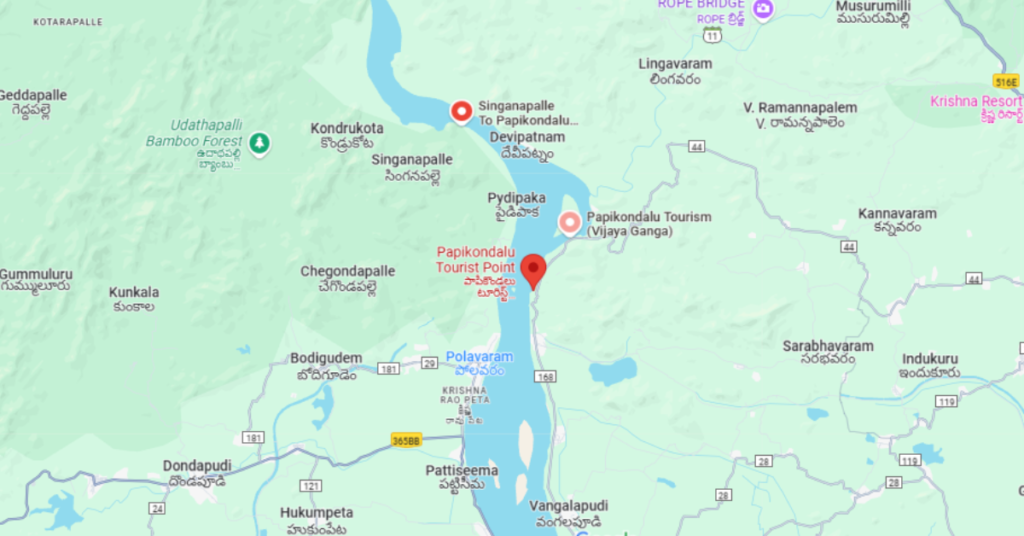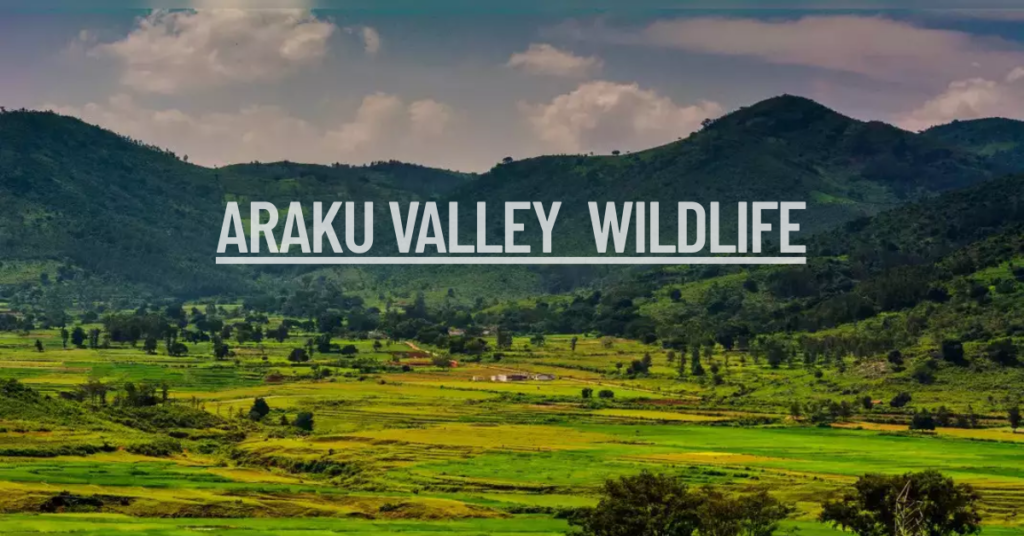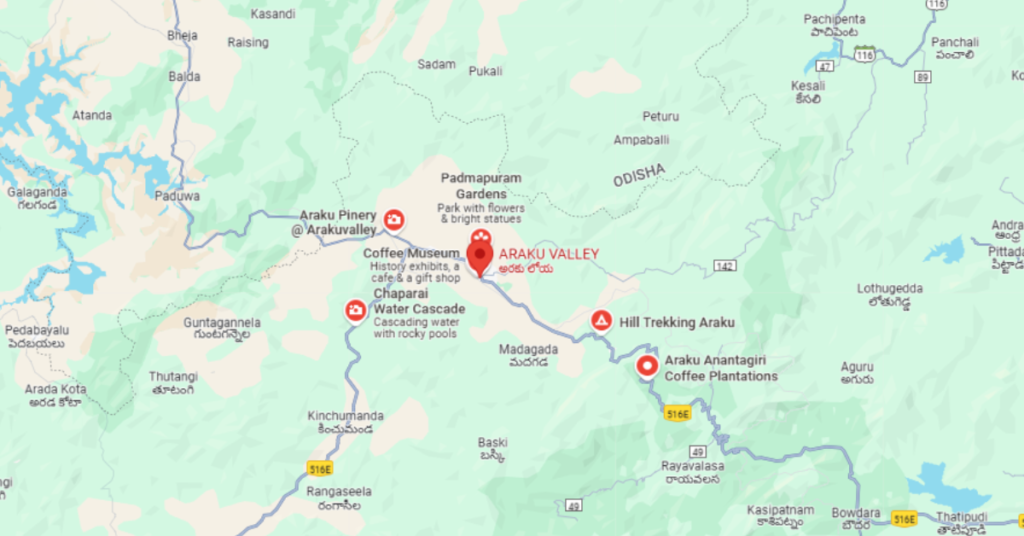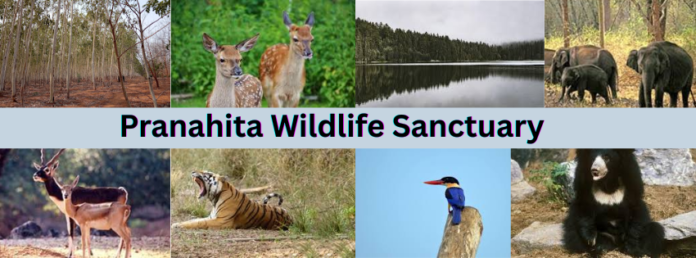Introduction: Koilkonda Fort: A Time Capsule of Stone and Sky
The Day I Got Lost in a 500-Year-Old Fort
I’ll admit it, I didn’t bring a water bottle. Big mistake. When I reached Koilkonda Fort’s first gate, the Telangana sun had turned my enthusiasm into a puddle. But then I saw it: crumbling bastions glowing amber in the morning light, and a hawk circling the central tower like a sentinel. My guide, Raju (a wiry local with a betel-stained grin), laughed. “This fort eats pride for breakfast. But the view? Koilkonda Fort Worth every drop of sweat.”
Perched on a granite hill 25 km from Mahbubnagar, Koilkonda isn’t just a fort, it’s a storyteller. Built in the 16th century by the Qutb Shahi dynasty, it guarded diamond trade routes and witnessed bloody battles. Let’s decode its secrets.

History Carved in Stone: The Rise and Fall of Koilkonda
From Diamond Guardian to Forgotten Ruin
- 1560s: Built by Ibrahim Qutb Shah to protect Golconda’s diamond mines from Maratha raids.
- 1687: Fell to Mughal emperor Aurangzeb’s army after a brutal siege. Cannons left scars still visible on its walls.
- 1800s: Abandoned and reclaimed by thorny scrub, until trekkers rediscovered its wild beauty in the 2000s.
Local legend claims the fort’s underground tunnels once hid royal treasure. “My grandfather searched for gold here,” Raju said, winking. “Found only scorpions!”
Also Read: Exclusive of The Pillalamarri Banyan Tree: A Timeless Journey Through 7 Centuries
Your Koilkonda Adventure Plan: Step-by-Step
Key Details for Visitors
| Detail | Information |
|---|---|
| Location | Koilkonda village, Mahbubnagar, Telangana |
| Distance | 85 km from Hyderabad (2-hour drive) |
| Entry Fee | Free (unofficial site; no tickets) |
| Best Time to Visit | October–March (avoid summer heat & monsoons) |
| Trek Difficulty | Moderate (rocky trail, 45-minute climb) |
Koilkonda Fort Location On Maps:
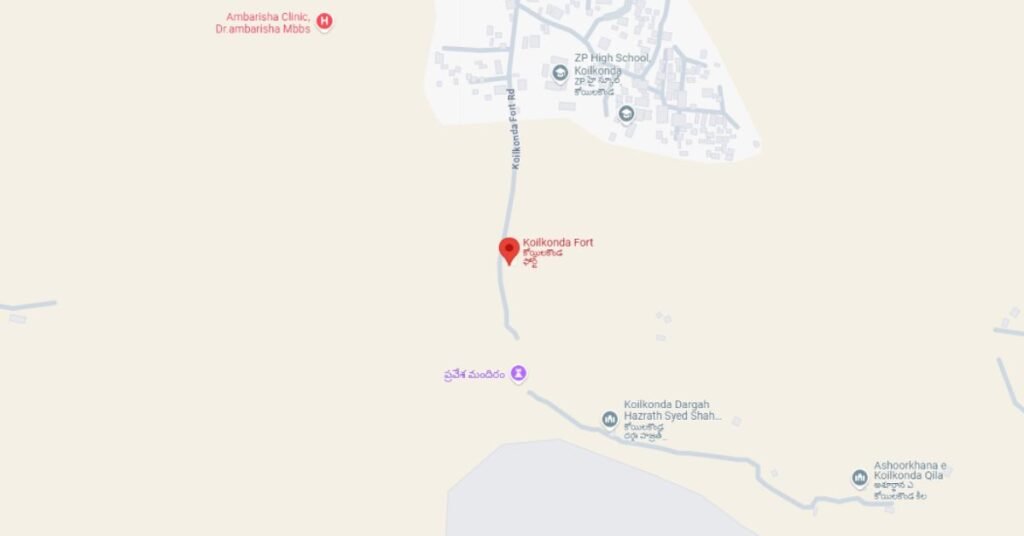
Also Read: Pilgrimage Made Easy, Daily Hyderbad-Srisailam Tour by Telangana Tourism
Pro Tips for a Safe, Fun Trek
- Start Early: Arrive by 6:30 AM to avoid midday heat. Sunrise over the Deccan Plateau is magical.
- Wear Grippy Shoes: The trail is steep and littered with loose stones. Raju’s advice: “Trust your feet, not the rocks!”
- Pack Light: Carry water, nuts, and a first-aid kit. No shops nearby!
- Respect the Ruins: Avoid carving names on walls, this isn’t a graffiti board.
Traveler’s Toolkit: Gear Up Like a Pro
Must-Have Gear for the Trek
- Hydration Backpack: Osprey Daylite Plus – Hands-free water access (“A lifesaver on rocky climbs!”).
- Trekking Poles: TrailBuddy Collapsible Poles – Stability on steep sections.
- Sun Protection: Coolibar UPF 50+ Hat – Telangana sun is no joke.
Where to Stay
- Budget: Treebo Trend Mahbubnagar – Basic rooms, 30 minutes from the fort.
- Luxury: Novotel Hyderabad Airport – Post-trek pool therapy!
Also Read: Exclusive of Top 8 Ancient Forts & Palaces in Andhra Pradesh
Beyond the Fort: Explore Mahbubnagar’s Hidden Treasures
- Pillalamarri Banyan Tree (25 km): Relax under the 3-acre canopy after your trek.
- Jurala Dam (50 km): Spot painted storks or try freshwater fishing.
- Local Eats: Refuel with kodi pulusu (spicy chicken curry) at Ravi Family Dhaba near the fort.
Why Koilkonda Fort Isn’t Just Another Pile of Stones
As I sat atop the fort’s highest tower, Raju pointed to a faded inscription. “Persian,” he said. “It says, ‘He who conquers himself conquers the world.’” Koilkonda’s real treasure isn’t mythical gold, it’s the quiet triumph of reaching the top, sweat-soaked and grinning, as history whispers in the wind.
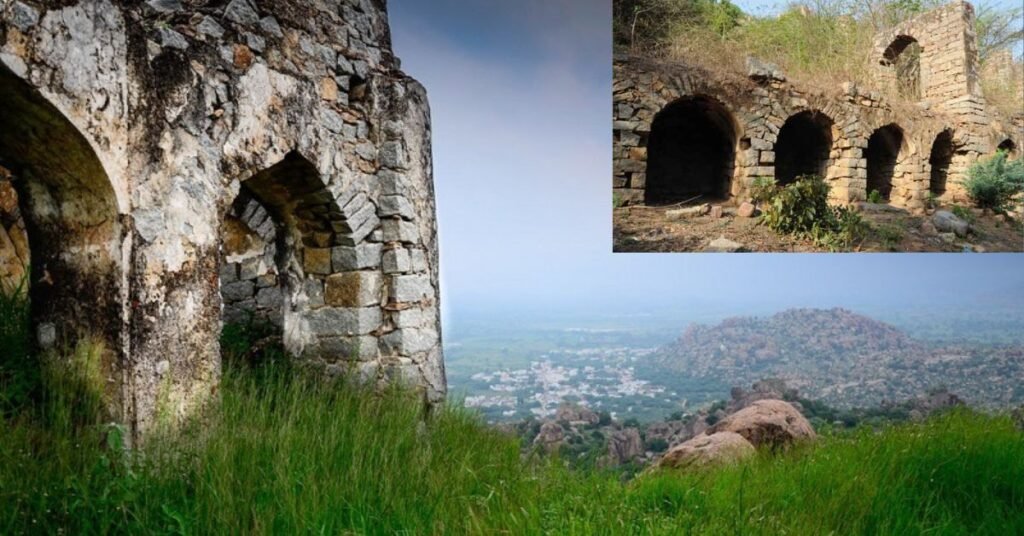
Also Read: Exclusive Of Top 7 Adventure Activities in Andhra Pradesh.
Conclusion: Koilkonda Fort – Where History Meets Horizon
As the sun dipped below the Deccan Plateau, casting long shadows over Koilkonda’s weathered stones, I realized this fort isn’t just a relic; it’s a mirror reflecting our thirst for adventure and connection to the past. Every cracked wall and silent cannonball whispers tales of ambition, resilience, and the fleeting nature of power.
Koilkonda teaches us that the greatest treasures aren’t hidden in underground tunnels but in the journey itself. The burn in your calves as you climb, the wind tousling your hair at the summit, the awe of tracing a 500-year-old Persian inscription, these are the moments that linger. This fort, stubbornly standing against time and weather, reminds us to embrace life’s rugged beauty and seek stories beyond textbooks.
Frequently Asked Questions (FAQs):
ANS: Yes, but go early and inform someone about your plans.
ANS: Locals like Raju offer informal tours (₹300-500). Bargain politely.
ANS: Absolutely! Drones permitted (watch for wind gusts).
ANS: Ages 8+ can manage with supervision. Avoid toddlers, steep drops.
ANS: 15 km away in Mahbubnagar, fill your tank beforehand.

